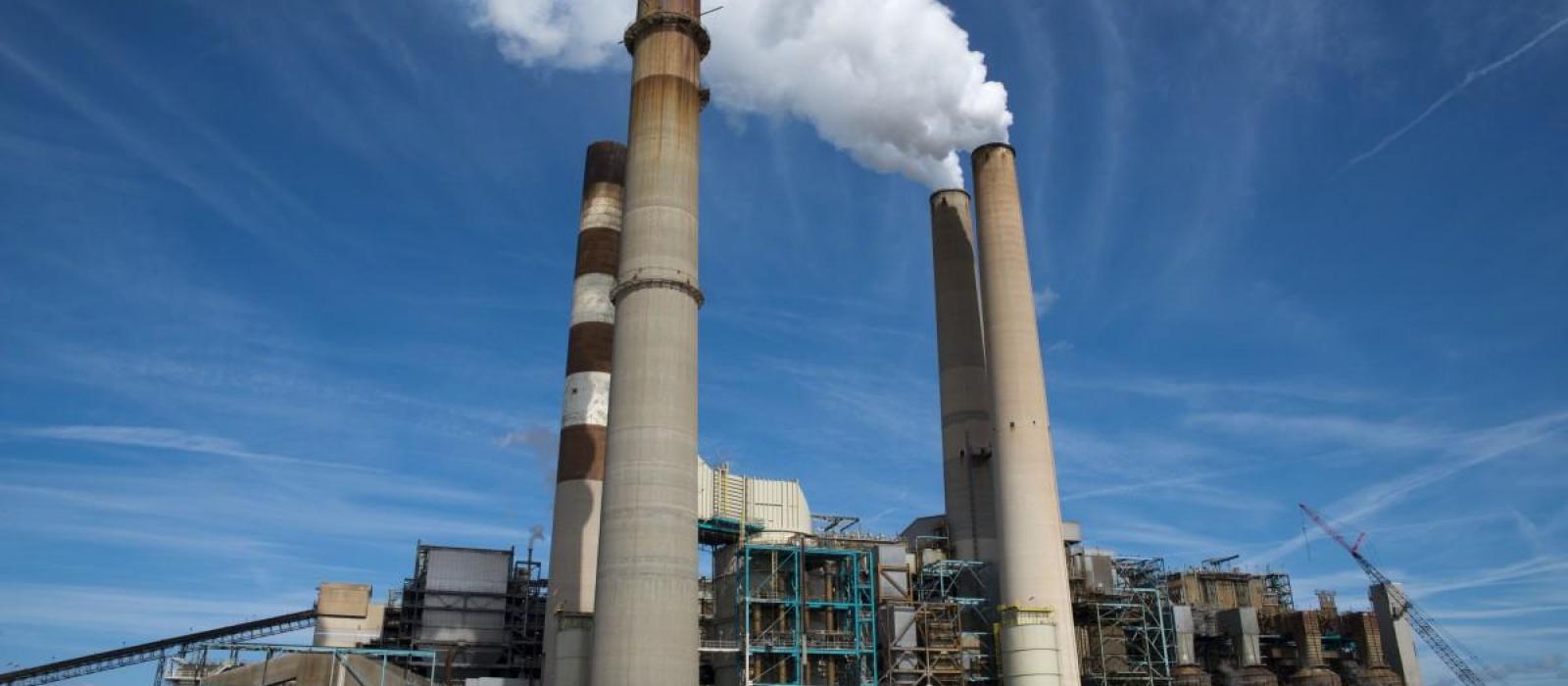“For every megawatt of electricity produced using natural gas instead of coal, the amount of water withdrawn from local rivers and groundwater is reduced by 10,500 gallons, the equivalent of a 100-day water supply for a typical American household,” said Andrew Kondash, Ph.D., a postdoctoral researcher at Duke, who led the study. Water consumption – the amount of water used by a power plant and never returned to the environment – drops by 260 gallons per megawatt, he said.
At these rates of reduction, if the rise of shale gas as an energy source and the decline of coal continues through the next decade, by 2030 about 483 billion cubic meters of water will be saved each year.

If all coal-fired power plants are converted to natural gas, the annual water savings will reach 12,250 billion gallons – 260 percent of current annual U.S. industrial water use.
Though important, water is recyclable. America ramped up coal usage as environmental claims about nuclear power caused that green energy to go into decline, and it brought emissions up as well, but there is one place that the war on coal should not take hold; developing nations.
A billion people currently use dung and wood for cooking and energy and emissions in those countries would decline rapidly if they could use centralized energy. The United States and others refused to provide World Bank funding to those countries unless they used solar or wind, which is not viable for them. Yet coal is. So a modern clean coal option would actually improve emissions but it is not allowed.






Comments